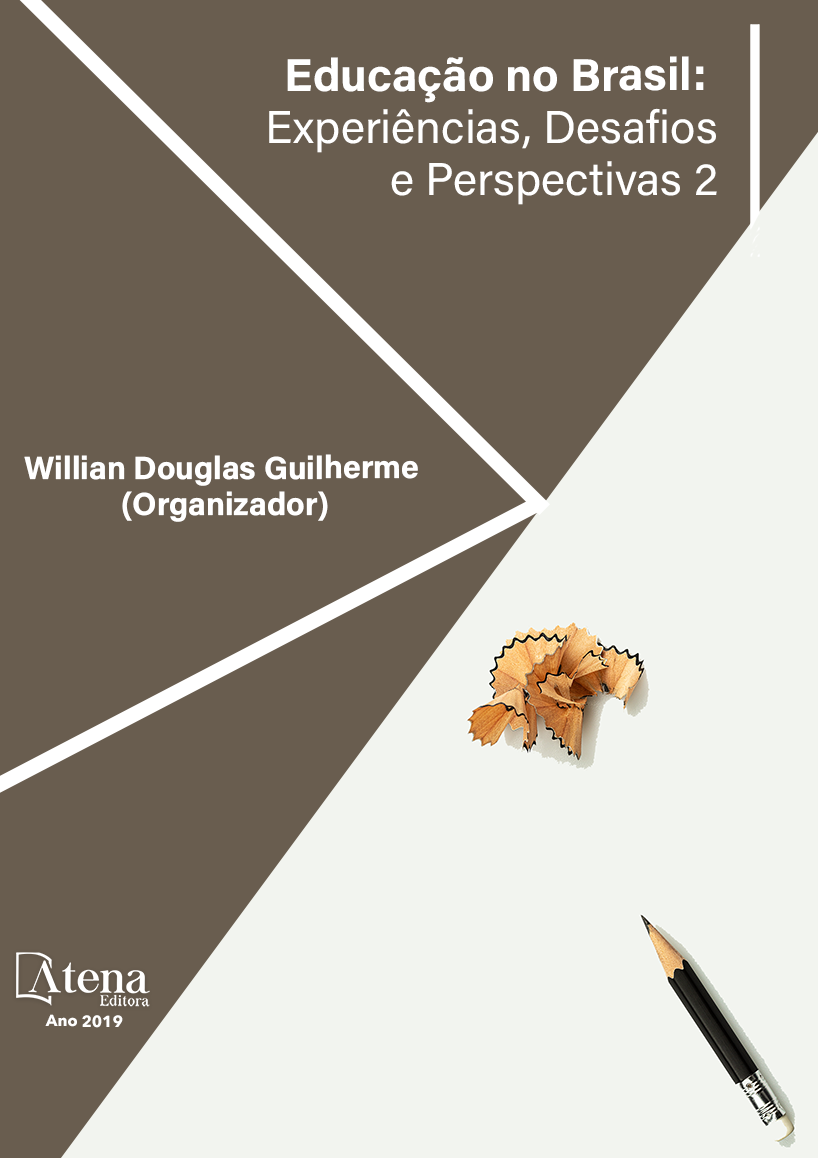
A IMPORTÂNCIA E OS PERCURSOS METODOLÓGICOS DA PRÁXIS NO PLANEJAMENTO EDUCATIVO NA EDUCAÇÃO INFANTIL
A educação infantil constitui a
primeira etapa da educação básica e tem como
principal finalidade promover o desenvolvimento
integral das crianças até cinco anos de idade.
Sobre isso, o artigo em pauta se apoia numa
literatura que discute de forma consistente e
reflexiva o planejamento, a educação infantil e
a práxis no planejamento na educação infantil
(LDB 9394/96; RECNEI 1998; BUJES, 2001;
NASCIMENTO, 2000; SMOLE, 1996; LUCKESI,
2000; FUSARI,1998; PADILHA, 2005; KRAMER,
1991, entre outros). Esse artigo tem o intuito de
apresentar um breve panorama sobre: como
a práxis deve ser inserido na realização do
planejamento da Educação Infantil (pré-escola)
e as estratégias utilizadas para que ela ocorra.
Baseia–se na pesquisa bibliográfica e está
estruturado em três momentos: inicialmente é
realizado um breve histórico sobre a educação
infantil no Brasil; depois são situados os
conceitos de planejamento e sua relevância; e
em seguida, aponta a importância da relação
teoria e prática na construção do planejamento
para a educação infantil que busque uma
educação de qualidade que privilegie a reflexão
crítica dos alunos e dos professores. Esse
estudo se torna relevante para a formação
acadêmica e profissional. Os resultados
do estudo revelam que no planejamento é
necessário ser acompanhado de práxis, açãoreflexão-
ação, para que o docente molde o que
planejou de acordo com as manifestações dos
interesses dos alunos através de observação
atenta. Conclui-se também que, uma práxis
pedagógica da educação infantil só é coesa se
estiver sustentada por estes três pilares.
A IMPORTÂNCIA E OS PERCURSOS METODOLÓGICOS DA PRÁXIS NO PLANEJAMENTO EDUCATIVO NA EDUCAÇÃO INFANTIL
-
DOI: 10.22533/at.ed.6521927092
-
Palavras-chave: Educação Infantil; Planejamento na educação infantil; Práxis no planejamento da educação infantil.
-
Keywords: Infant Education; Planning in early childhood education; Praxis in the planning of early childhood education.
-
Abstract:
Early childhood education is
the first stage of basic education and its main
purpose is to promote the integral development
of children up to five years of age. On this, the
article is based on a literature that discusses in
a consistent and reflexive way the planning, the
infantile education and the praxis in the planning
in the infantile education (LDB 9394/96; RECNEI
1998, BUJES, 2001; NASCIMENTO, 2000;
SMOLE , 1996, and LUCKESI, 2000, FUSARI,
1998, PADILHA, 2005, KRAMER, 1991, among
others). This article aims to present a brief overview of how the praxis should be
inserted in the planning of Early Childhood Education (pre-school) and the strategies
used to make it happen. It is based on the bibliographical research and is structured
in three moments: initially a brief history is made on the education of children in Brazil;
then the concepts of planning and their relevance are situated; and then points out
the importance of the relationship theory and practice in the construction of planning
for early childhood education that seeks a quality education that privileges the critical
reflection of students and teachers. This study becomes relevant for academic and
professional training. The results of the study reveal that in planning it is necessary
to be accompanied by praxis, action-reflection-action, in order for the teacher to mold
what he planned according to the manifestations of students’ interests through close
observation. It is also concluded that a pedagogical praxis of early childhood education
is only cohesive if sustained by these three pillars.
-
Número de páginas: 15
- Daniela da Mota Porto


